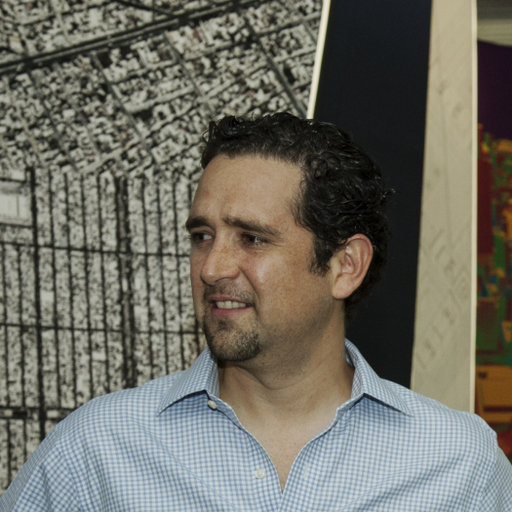Physical Address
304 North Cardinal St.
Dorchester Center, MA 02124
Physical Address
304 North Cardinal St.
Dorchester Center, MA 02124

In this interview I talk to Onésimo Flores, Founder of Jetty, a (sort-of) microtransit company from Mexico City. Marcos Schlickmann: Thank you for participating in this interview. Please introduce yourself and talk a little bit about how Jetty came to life and what is your idea behind this project. Onésimo Flores: I’m Onésimo Flores, the founder of Jetty. I have a PhD in urban planning from MIT and a master’s in public policy from Harvard. I graduated in Law from the Universidad Iberoamericana, Mexico. The idea of Jetty came about by contrasting a conflicting approach to regulation in public transportation in a place like Mexico. On one end of the spectrum, a you have a very tightly-regulated, low-quality, scarce public transport service, most of it operated by private, informal, artisanal, minibus operators, and on the other hand, ride-hailing apps, taxi apps, that had emerged not only Uber but several others, that enjoy a lot of regulatory leeway in terms of freedom to set their fares, to operate anywhere, to open the market to private individuals with spare time and spare vehicles. So, in that context, the hypothesis was that, in a way applications like Uber have made it possible to standardize a level of service: people can know what to expect, know that somebody will be held accountable if something goes wrong, know the basics of the trip, the fare and the rated quality of the driver. The level of information the passengers will get is standardized no matter who the supplier of the services is. So, the hypothesis in Jetty is that we can do something similar for collective transportation without relinquishing the economies of scale of using larger vehicles, but we do give the public access to the service improvements made possible by technology. MS: Talk a little […]
Public transportation service provision is changing. As I already have mentioned in this post at Caos Planejado, microtransit services are growing in many cities around the world and one of the forefront companies on this field is Bridj, operating in Boston since June 2014 and Washington DC since May 2015. I had the opportunity to interview David Block-Schachter, Chief Scientist of Bridj at Bridj’s office in Boston last October. Check it out: Marcos Paulo Schlickmann: Could you tell a little about yourself and your inspiration to work in this field? David Block-Schachter: About 8 years after finishing my bachelor’s I went back to school to do a PhD in transportation at MIT. After the PhD I worked for the MBTA as their Director of Research and Analysis to understand how they can use their data to improve operations. After that I joined Bridj. We wanted to improve mass transit generally, and looked at the issues here in Boston as our first focus. And obviously my background helped too. We also looked at informal transit systems all around the world. When I went to Rio I noticed how the buses are at a disadvantage, because the traffic itself is so unreliable that if you have a car you would prefer to be stuck on traffic in your car than in the bus. So we asked ourselves: “How can we use technology to combine the direct service associated with small vehicles with the good level of service we see in mass transit systems in America and Europe without inheriting the defaults and drawbacks of each system?” And the main advantage of direct trips instead of changing vehicles can be addressed by technology. MPS: As we see on the map depicting Bridj’s service areas, the company runs buses in 3 main areas with two main lines: Allston/Coolidge […]